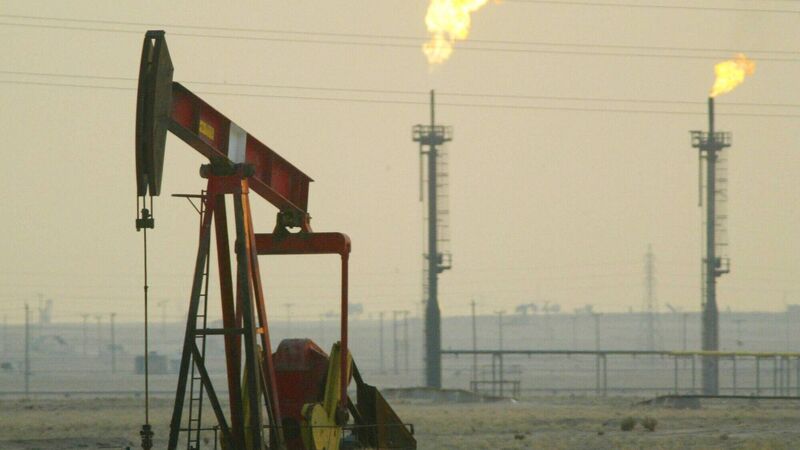John Whelan: Irish industry braces for its own winter of discontent as fuel costs bite

Oil prices peaked to a three-year high in the week Opec (the Organisation of the Petroleum Exporting Countries) ignored international calls to increase production. Picture: Joe Raedle/Getty Images
The prospects for the 'off the charts' spike in energy prices continuing into next year, look ever more likely.
Irish industry and consumers have so far avoided oil and gas shortages and panic buying, but surging prices on global markets will undoubtedly filter down affecting business and households this winter.












